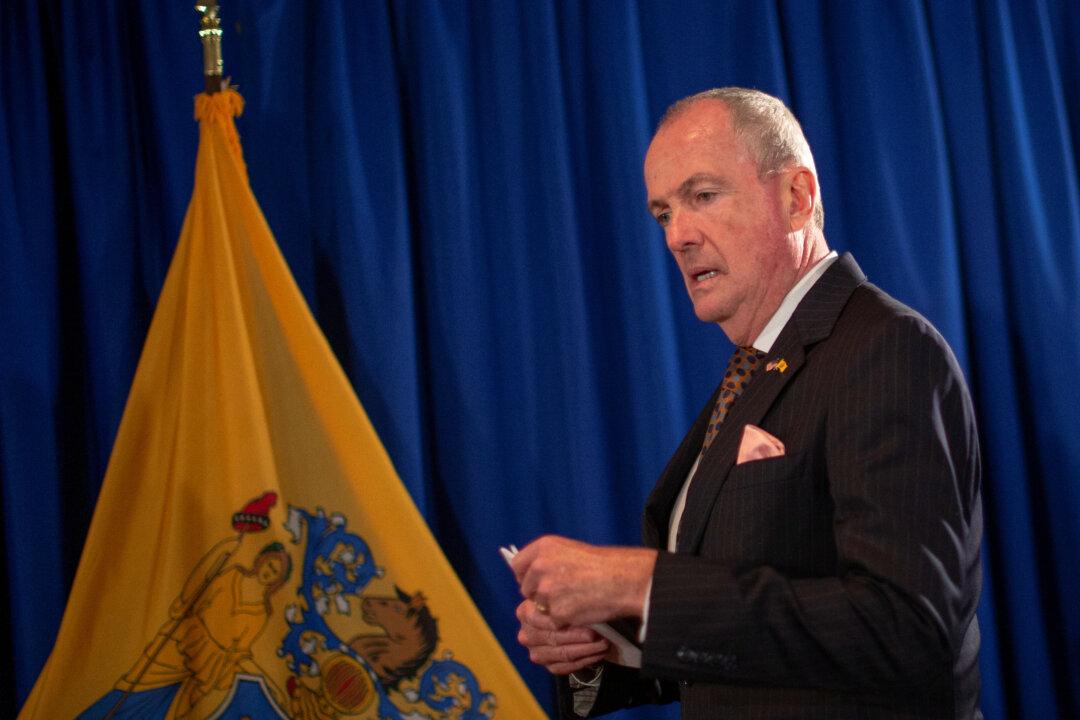A newly signed law in New Jersey prohibits police officers from telling the parents of a child charged with marijuana possession about what happened.
S3454 was one of three bills signed by Gov. Phil Murphy, a Democrat, late last month that deals with cannabis, known colloquially as marijuana.





